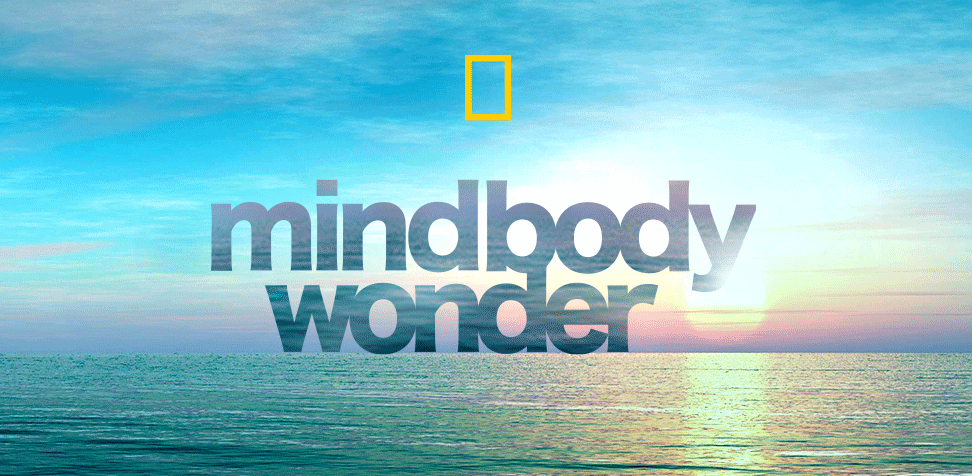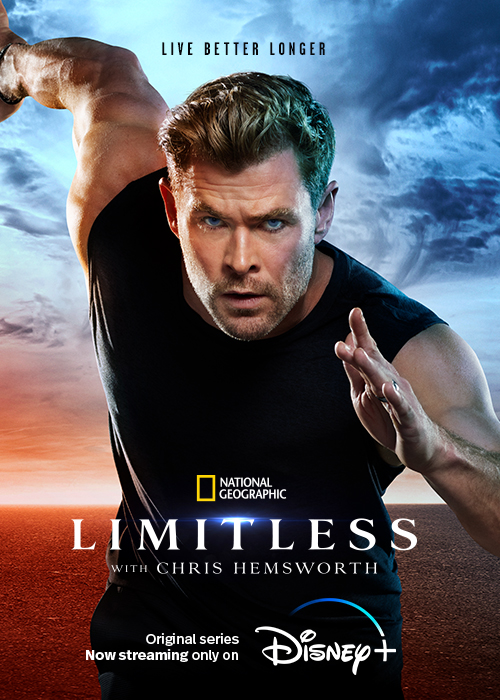 RJ Hamster
RJ Hamster
A cure for aging? It’s not sci-fi.
CANCER VACCINES MIGHT REALLY WORK

Welcome to our newly renamed weekly health newsletter from National Geographic. Every week we’ll bring you the same science-backed news you’re used to, with a focus on living longer, smarter, and healthier.
This week: A cure for aging isn’t as wild as it sounds; the 6 indicators of good health; a traditional American diet that’s actually good for you; unraveling the mysteries of yoga; good news about cancer vaccines; how processed foods are killing us. PHOTOGRAPH BY MELANIE WENGER Could this baby live for 125 years—or more? Scientists have gotten really good at helping mice live longer. But what about us? The natural maximum human life span is 120 to 125 years. Few people get anywhere close—at least not yet. These cutting-edge technologies are revealing the intricacies of human aging and sparking research into drugs to slow it—or even reverse it.AGING WITHOUT ACHES AND AILMENTS?SEE HOW WE AGE: These are the cellular and molecular changes that cause our bodies to age +ILLUSTRATION BY DAVID PLUNKERT Want to live longer? Focus on these 6 things.You’re not necessarily stuck with the genes you’re born with. With these healthy lifestyle choices, you can self-engineer genetic alterations to prevent disease.THE 6 INDICATORS OF GOOD HEALTHILLUSTRATION BY LUISA RIVERA This American diet—yep, that’s right—could add 10 years to your lifeIt’s not a fad diet invented by a South Beach doctor, a paleo diet marketer, or a social media influencer. This diet was developed by ordinary Americans, is widely affordable, is sustainable, and has a lower carbon footprint than a meat-heavy diet. FLAVORS FROM THE OLD AND NEW WORLDS Keep reading: •When should you eat? It’s just as important as what you eat. >•If you’re hoping for health and good fortune in the new year, put this meal on your menu. >PHOTOGRAPH BY ANDY RICHTER FROM THE ARCHIVES Does yoga have real health benefits? Here’s what the science says. In the U.S., it’s held up as a fitness regimen, a path to transformation or enlightenment, and atreatment for so much that ails us—from addiction, headaches, and hearing loss to post-traumatic stress disorder, and heart disease. Yet validating those health claims is difficult. Here’s what we do know.UNRAVELING THE MYSTERIES OF YOGAHOW WE GOT ADDICTED TO FOODPHOTOGRAPH COURTESY GETTY IMAGES Here’s what sugar and fat do to our brains: More than half the food consumed by American adults is ultra-processed, often optimized to hit the body’s fat and sugar sensors to release dopamine. But contrary to popular belief, dopamine doesn’t increase pleasure: It encourages us to repeat behaviors that help us survive.WHAT PROCESSED FOODS DO TO USMore on addiction:•Science is beginning to unlock the secrets of addiction—and how to beat it. >•Fentanyl is driving the opioid overdose epidemic. Here’s how it kills—and how a “miracle drug” called Narcan saves lives. >

OUR FAVORITE HEALTH STORIES OF 2022MICROGRAPH BY STEVE GSCHMEISSNER, SCIENCE PHOTO LIBRARY Cancer vaccines are finally showing promise. Here’s how they work: The immediate goal is to create vaccines that destroy cancer cells—but some scientists are also testing vaccines that might prevent someone from developing cancer.WHICH CANCER VACCINES ARE IN THE PIPELINE?Electrodes instead of drugs? New advances are transforming the treatment of depression and more >New clues are revealing why exercise can keep the brain healthy >The end of inflammation? A new approach could treat dozens of diseases. >What if you could get the health benefits of psychedelics without the side effects? Scientists are on it. >Is it possible to cure hot flashes? We may be getting closer. >Microplastics are everywhere, including our blood and lungs. How much do they harm us? >TAKE OUR QUIZ, WIN A FREE TRIAL (IF YOU’RE RIGHT) Which of these is not one of the most
common food allergies? A. Eggs
B. Fish
C. Soy
D. Rice

Sign up here to receive our daily newsletters, covering History, Environment, Science, Animals, Travel, Photography, and Family.

READ OUR LATEST STORIESSHOPDONATESUBSCRIBETRAVELClicking on the Facebook, Twitter, Instagram, and National Geographic Channel links will take you away from our National Geographic Partners site where different terms of use and privacy policy apply.
This email was sent to: peter.hovis@gmail.com. Please do not reply to this email as this address is not monitored.
This email contains an advertisement from:
National Geographic | 1145 17th Street, N.W. | Washington, D.C. 20036
Stop all types of future commercial email from National Geographic regarding its products, services, or experiences.
© 2023 National Geographic Partners, LLC, All rights reserved.